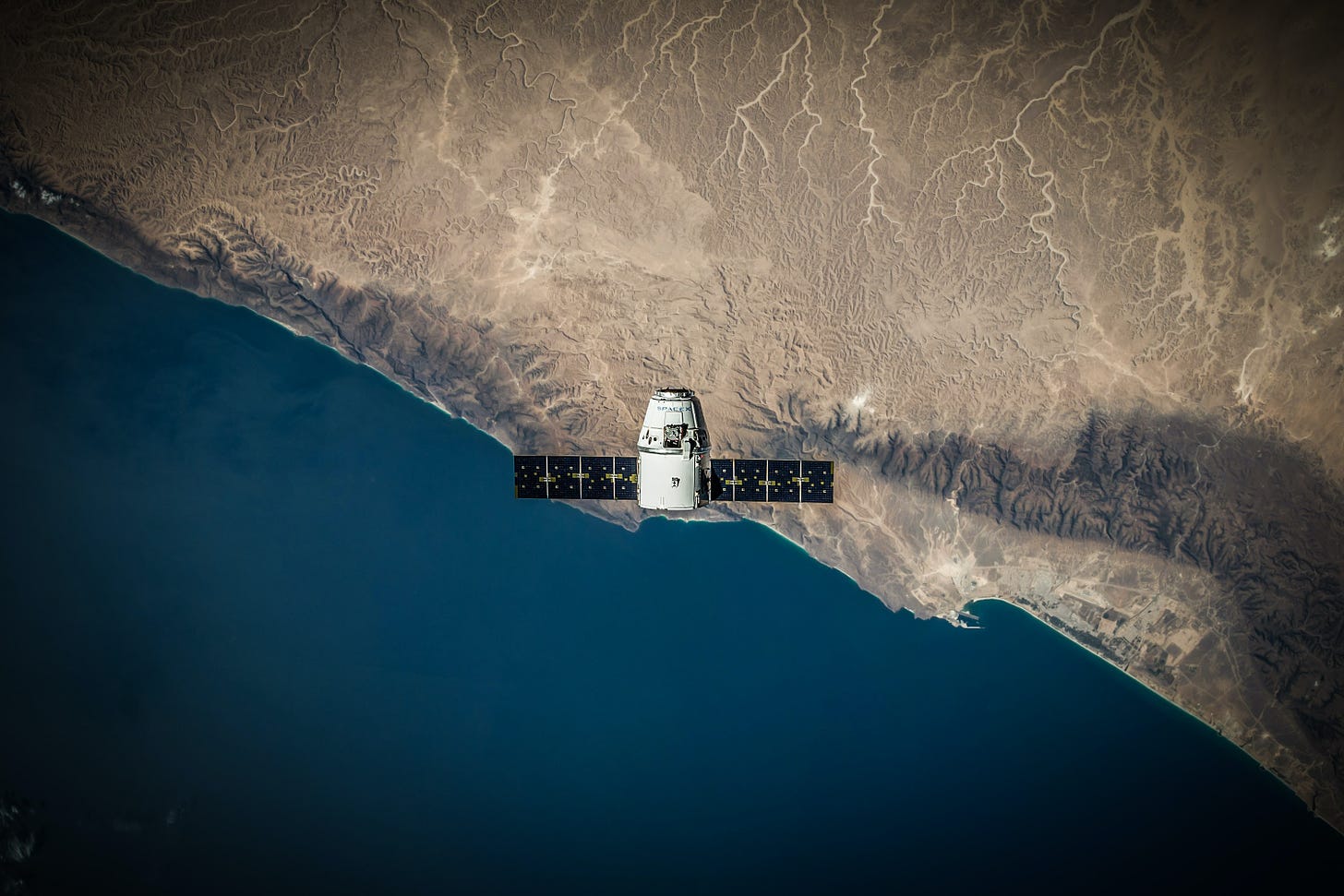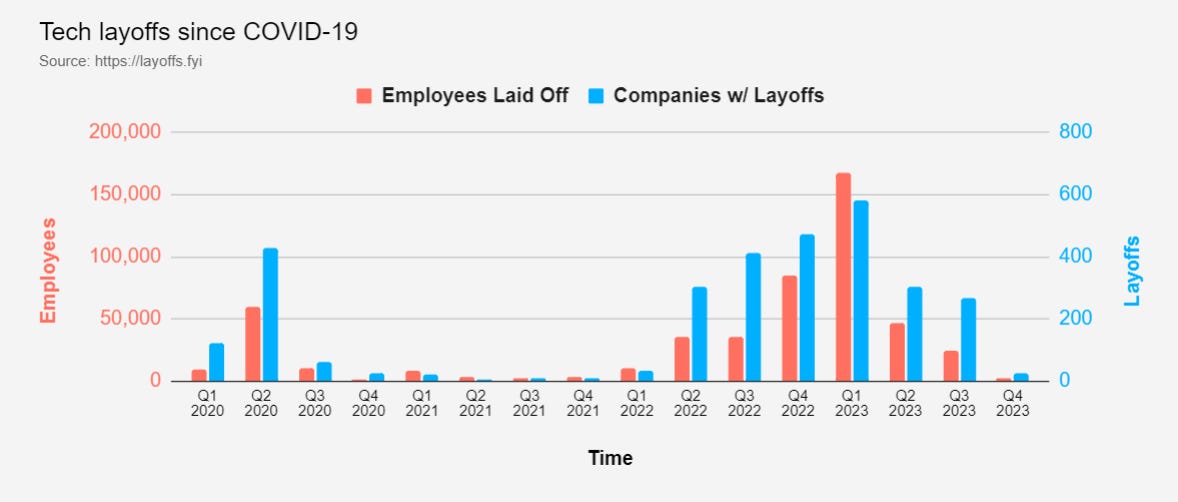An Old-Fashioned Lunar Showdown

There’s a certain nostalgia in the International Space Station (ISS). You hear about Russian and Japanese and American astronauts working together in space, living together for 6+ months at a time. As a kid, it sounds like the coolest camp that ever existed. And even when you grow up, it still has a special place in the psyche. Amid all the alliances and strategies that complicate the world, the ISS is one of the purest forms of international cooperation we have.
Over the last few weeks, I’ve been digging into developments in space exploration, and I’ve been surprised to learn that this ISS-style approach (international cooperation for new/risky science) is fading out. Instead, countries are starting to pick sides.
In July 2022, four months after the initial invasion of Ukraine, Russia announced that they would be leaving the International Space Station. And on the surface, this seems like a short-sighted move where Russia is further isolating themselves. But in reality, they are just joining a new, second team.
Meet the Teams
Team 1 – The Artemis Program: has 29 countries including the US, EU, Canada, Brazil, South Korea, and Mexico. Artemis’ primary goal is to reestablish a human presence on the moon, building infrastructure and bases that will support sending humans to Mars.
Team 2 – The International Lunar Research Station (ILRS): has signed-up China, Russia, Venezuela, Pakistan, and South Africa. They want to build a lunar base for scientific research and use it as a launching pad for helping humans find other planets to live on.
If you’re asking yourself, why break-up? (Don’t they have similar goals? Haven’t they spent years together and bought a dog and a house and all the rest!?)
They’re breaking-up because they want to win.
Why Winning Matters
To explain this, we need to get introduced to (or re-acquainted with) great power competition. Here’s a blurb from the Oxford Research Encyclopedia:
Great power competition is a permanent, compulsory, comprehensive, and exclusive contest for supremacy in a region or domain among those states considered to be the major players in the international system. The contest varies in intensity over time and space but remains a persistent aspect of the international system of sovereign states.
Great powers field uncommonly large, sophisticated, and diversified capabilities and compete for high stakes; their competitive behavior is endemic to a stratified system in which select states are recognized as having special status. That status imparts to members of the great-power club privileges and responsibilities, including collective action to address system-wide problems. However, the competition over power, security, and status among the great powers is always present.
Sheesh! And I thought my writing was boring!
Let me spice that up.
Powerful countries can’t help but to compete with each other in everything. It’s like when you feel the need to beat your sibling not just in basketball, but also in breath-holding, math, and dish-washing. These countries get a status boost (aka bragging rights) from winning, but they also accumulate more power. To avoid competing is to risk losing status and power.
Great power competition is a geopolitical theme I’ve written about… without calling by name… several times, whether it was for AI competition, TikTok bans, or making chips.
But let’s bring it back to space…

This matchup between Artemis and the ILRS is basically just the next event in the great power competition Olympics between the US and China. To over-extend the team metaphor even further, you can think of them as the team captains. And for Russia, the move to drop from the ISS was really a signal that they were getting serious about the ILRS. They want to be focused on helping their allies achieve their goals in space before Artemis is able to. From researching this, it’s clear that many geopolitical strategists see achieving space exploration milestones – especially early ones – as extremely important. One commentator mentioned that anyone who arrives “first” at a given site on the moon will probably lay claim to it… meaning that key resources can be cornered and capitalized on by that first-mover.
One Small Step
As with any new player joining a team, it’s key to earn your spot and prove you deserve to be there. And that’s exactly the situation India found themselves in. In June 2023, they signed on to the Artemis Program, and less than a month later they launched their Chandrayaan 3, a lunar probe that would take about a month to reach the moon. And not just any spot on the moon – India targeted the South Pole, where there are huge deposits of water-ice. For any new lunar base, being close to natural lunar resources (water, titanium, etc.) is really important. So if you’re India, you’re making room in the trophy cabinet to fit your (sure to be incoming) Rookie of the Year award.
But Russia had other plans. In early August, just a few weeks after India’s probe launched, Russia launched their own probe headed for the same exact area. You might think (like me) that since India had a head start, this is no big deal, right? Wrong. Because they took different routes and had very different spacecraft, Russia’s probe was expected to arrive just a few days before India’s. Unfortunately for Russia, and to the delight of the Artemis program, Russia’s probe crashed on impact.
I remember seeing celebratory articles in August when India’s probe successfully landed, but what we wouldn’t have seen is the gigantic sigh of relief for the Artemis nations. In what will be a decades-long adventure, this is one great, first, small step.
Public vs. Private
While this competition between government alliances heats up, it’s also interesting to see if and how the private sector is getting involved. Like the Olympics, we’re seeing some athletes (companies) playing for their home country, and others seem to be leaning into wherever they can find demand.
As one example, a Swiss space startup and a separate Hawaii-based company have contracted to support the ILRS. I completely understand wanting to go where the market is, but it will be interesting to see if the US, for example, starts to be more opinionated about how involved its citizens/businesses are in ILRS (that is to say, whether they take the opinion that they want these folks to be less involved in the opposing team’s efforts).
As another example, SpaceX’s rockets have been instrumental in getting many of the Artemis team’s probes into space at all. This is just a continuation of the trend we have seen with SpaceX in the US, where they are increasingly seen as the private sector big brother to the scientific, small potatoes of NASA. In my opinion, SpaceX isn’t just a supplier to the missions… I see Elon’s fingerprints all over the stated mission of the Artemis program (sending humans to Mars).
Wrapping Up
In future posts, I’ll definitely cover specific space-tech companies that are jumping into the fray. In the meantime, consider this your primer on the geopolitical stakes of space.
Honestly, my jaw dropped when I learned about the multi-team dynamic as part of early research, so I had to pause there and share what I found.
Bonus Bullets
Quote of the Week:
If you’d told me just a few years ago… that Europe would be committing to 100% of new vehicles being electric … that California would be making that commitment in the same way, that the United States, through EPA regulations, is going to be 60% EV of new sales by 2030, I don’t think I would have believed it. (Source)
— R.J. Scaringe, Rivian CEO
(EV CEO predicting EV growth… but still interesting…)
Quick News Reactions:
Gutsy (should) win: Process mining tools (ex. Celonis) are already used to help consultants find inefficiencies and reduce costs. Gutsy is a startup doing that for finding security gaps, which makes a ton of sense.
Microsoft back taxes: You might want to sit down for this. The IRS says that they owe $29B in back taxes. Holy oversight Batman.
Guitar Hero rumor: Sounds like Activision might be coming back with another iteration of this classsic game. Wanna feel old? The first version came out in 2005.
The FTC found: …that 1 in 4 of the personal fraud claims reported since 2021 started on social media. Aside from being another example of the importance of personal cyber security, the hits keep coming for this belagured industry (cough, Snap, cough, Twitter)
Meta used Facebook/Insta posts: …to train its AI assistant. I missed this from a few weeks back, but I had to share to say “of course they did!”. The data was from public posts. At least somebody got something valuable from my Facebook wall.
Tech Jobs Update:
Here are a few things I’m paying attention to this week:
Big Tech Job Posts: LinkedIn has 10,731 (42.7% WoW) US-based jobs for a group of 20 large firms (the ones I typically write about — Google, Apple, Netflix, etc.). Huge jump.
Graph: Layoffs since covid (Source: Layoffs.FYI). Note that this is showing in-progress Q4 numbers. Not out of the woods yet.



